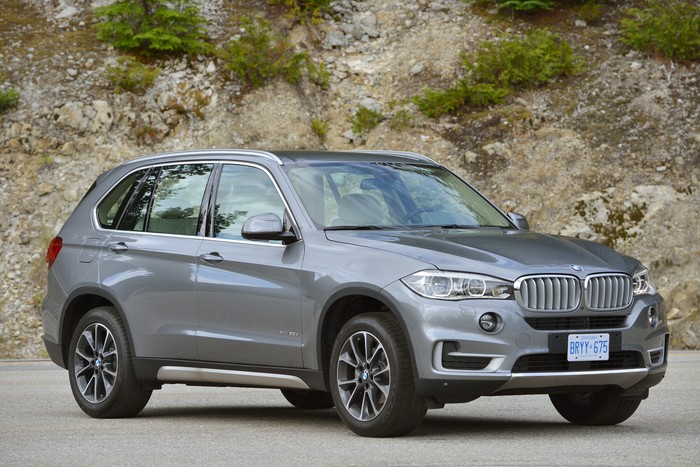
EU: BMW, Daimler and VW colluded to hinder development of clean vehicle tech
The EU says the automakers' scheme dates back to 2006.
The European Union has announced an antitrust suit against BMW, Daimler and Volkswagen alleging the trio of automakers colluded to prevent the development of clean vehicle technology.
According to the EU commission, BMW, Daimler and VW worked together to prevent the development of new technology that would have reduced vehicle emissions. The automakers were allegedly in cahoots between 2006 and 2014 and used the veil of "technical meetings” to develop the scheme.
"Companies can cooperate in many ways to improve the quality of their products. However, EU competition rules do not allow them to collude on exactly the opposite: not to improve their products, not to compete on quality,” said Commissioner Margrethe Vestager. "We are concerned that this is what happened in this case and that Daimler, VW and BMW may have broken EU competition rules. As a result, European consumers may have been denied the opportunity to buy cars with the best available technology. The three car manufacturers now have the opportunity to respond to our findings.”
The EU's investigation focused on two main technologies -- Selective catalytic reduction (SCR) systems for diesel cars and 'Otto' particle filters (OPF) for gas vehicles.
A key part of SCR systems is the injection of urea, also known as AdBlue, to reduce NO2 emissions. The commission found that BMW, Daimler and VW coordinated on AdBlue dosing strategies -- including AdBlue tank sizes and refill ranges -- thereby reducing AdBlue consumption and subsequently the effectiveness of the emissions system.
On the gasoline front, the commission found that all three automakers colluded to delay or completely avoid the introduction of 'Otto' particle filters. OPF technology is used on gas engines with direct injection to reduce emissions.
EU regulations allow for fines up to 10 percent of global revenue for the alleged violations.